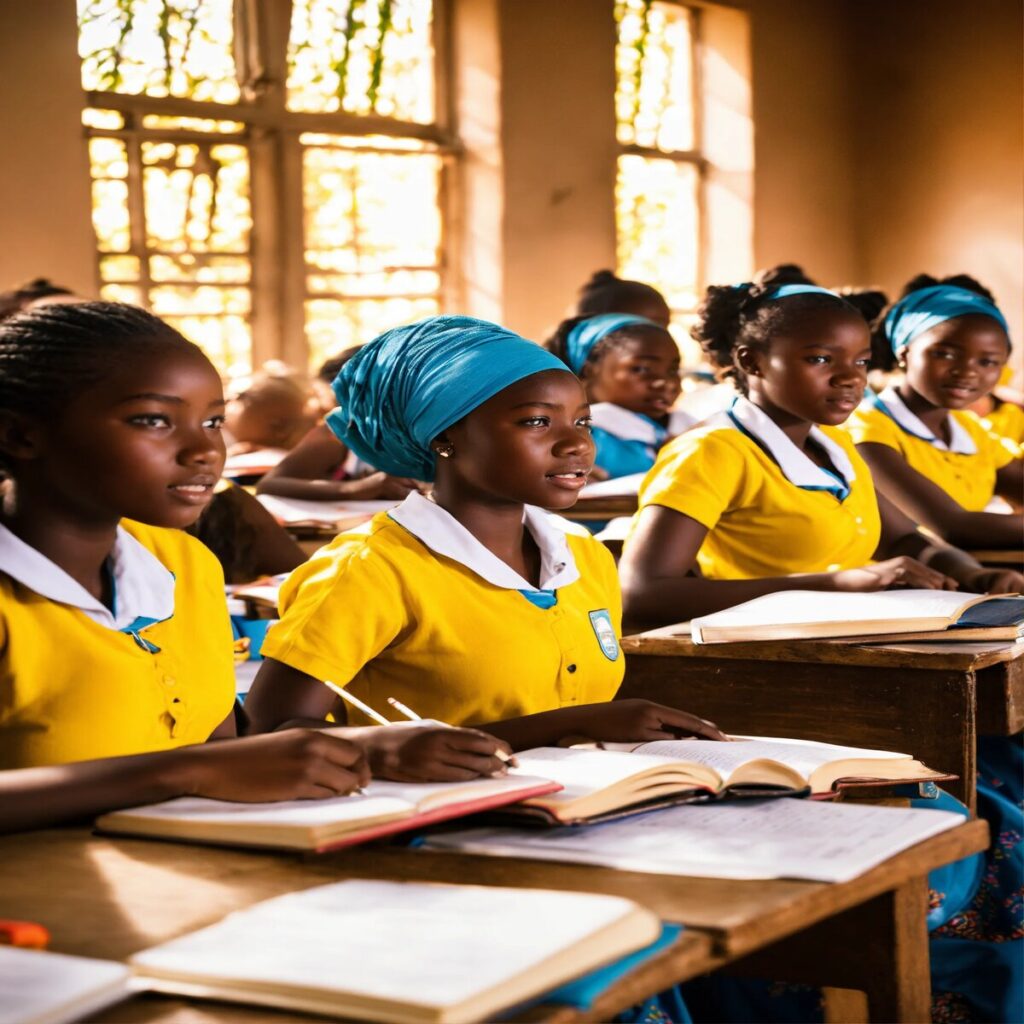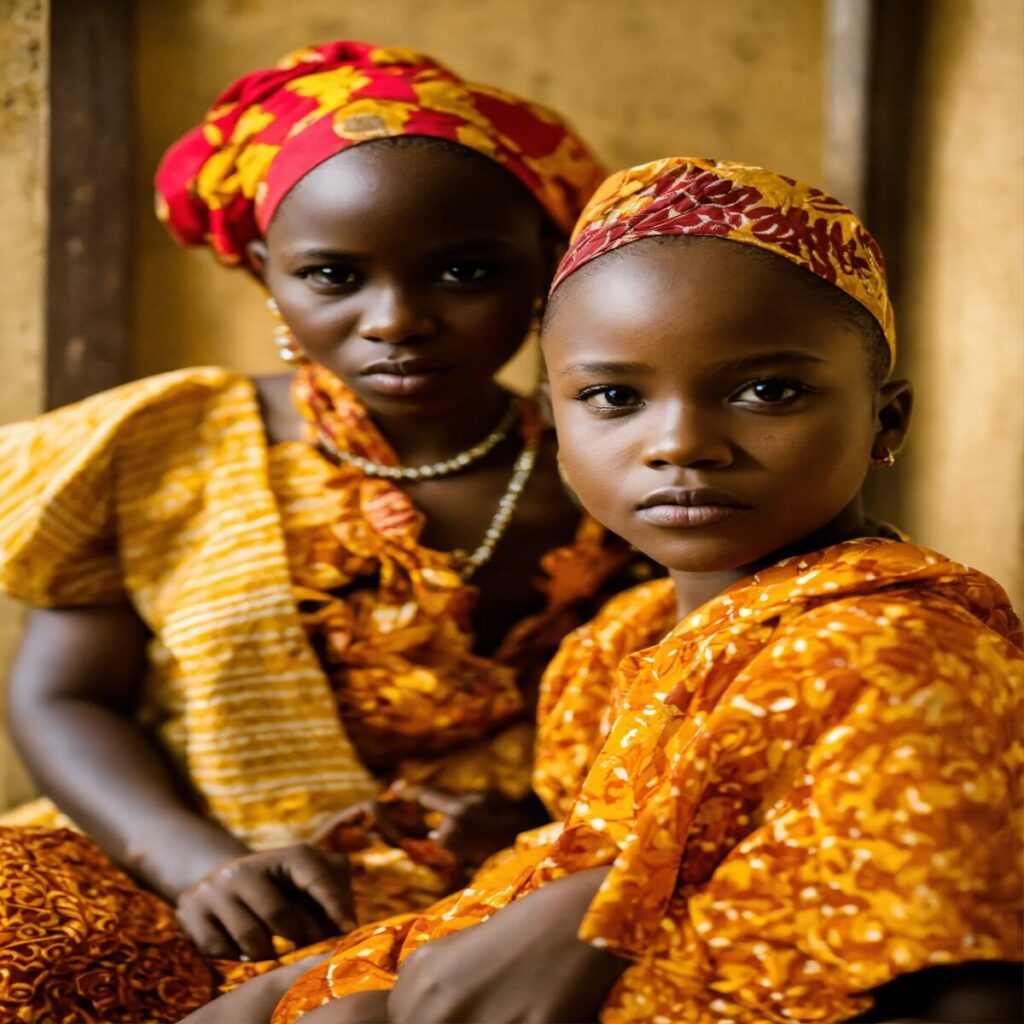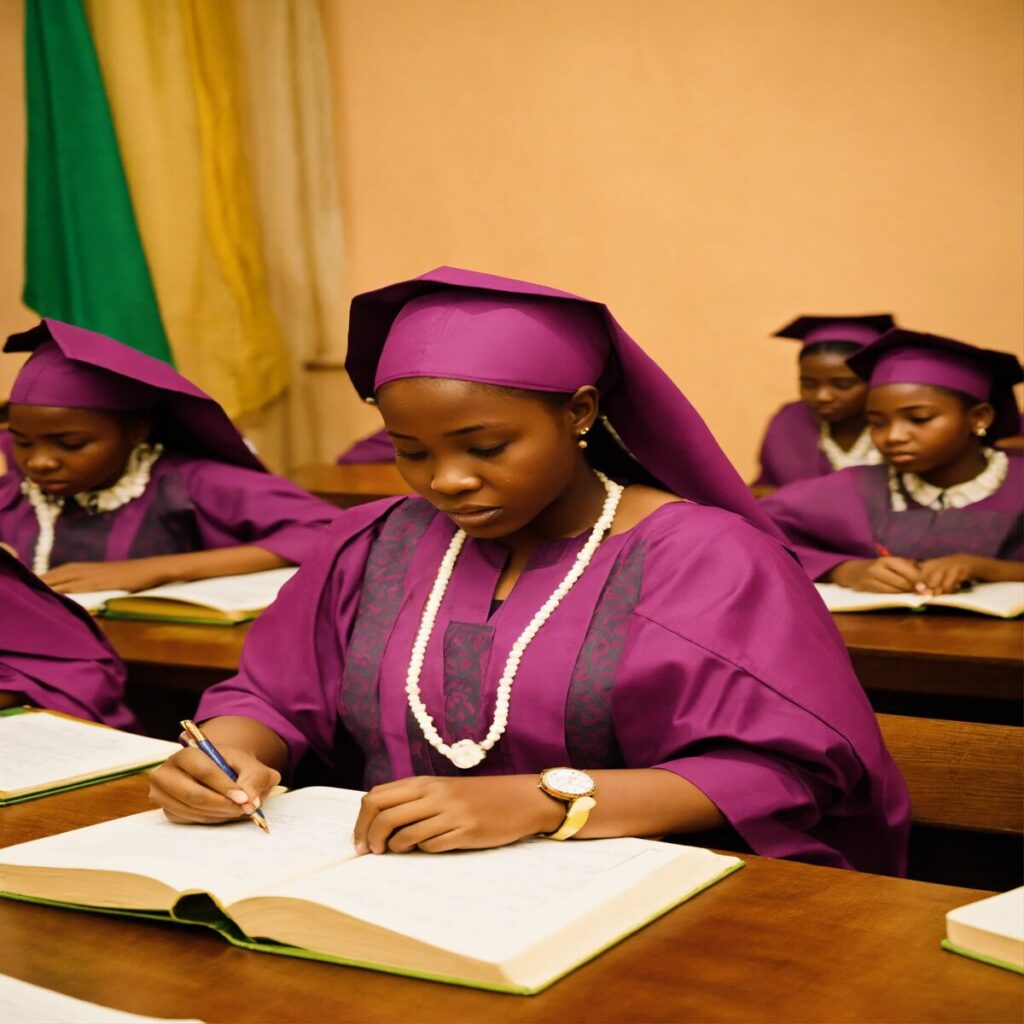
Females in Nigeria have a basic human right to be educated and this right has been recognized since the 1948 adoption of the Universal Declaration on Human Rights (UDHR)
According to a report in 2014, female education has an important impact on the development of a stable, prosperous and healthy nation state resulting in active, productive and empowered citizens.
Educating girls develops growth rates, encourages independence of the girl child and reduces social disparities.
In 2009, the Nigerian Population Council (NPC) observed that women with higher educational qualifications are more likely to be in formal wage employment than those at the level of primary school education.
A positive correlation exists between the enrollment of girls in primary school and the gross national product (GNP) and increase of life expectancy.
Because of this correlation, enrollment in schools represents the largest component of the investment in human capital in any society.
Rapid socioeconomic development of a nation has been observed to depend on the quality of women and their education in that country.
Education gives women a disposition for a lifelong acquisition of knowledge, values, attitudes, competence, confidence, independence and skills.
To ensure equal access to education, the National Policy on Education states that access to education is a right for all Nigerian children regardless of gender, religion and disability.

